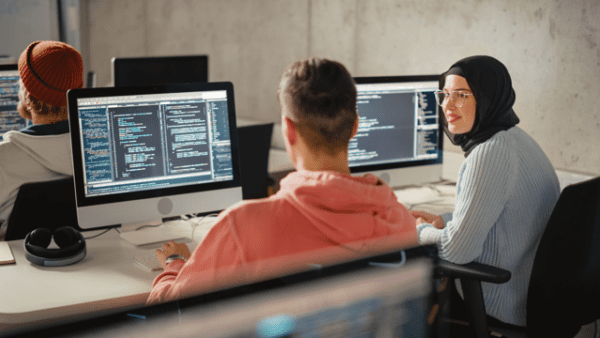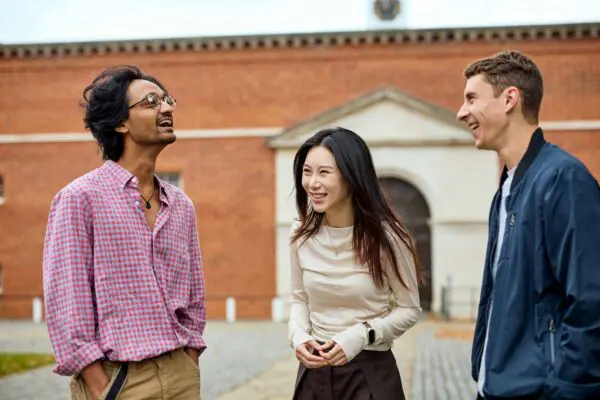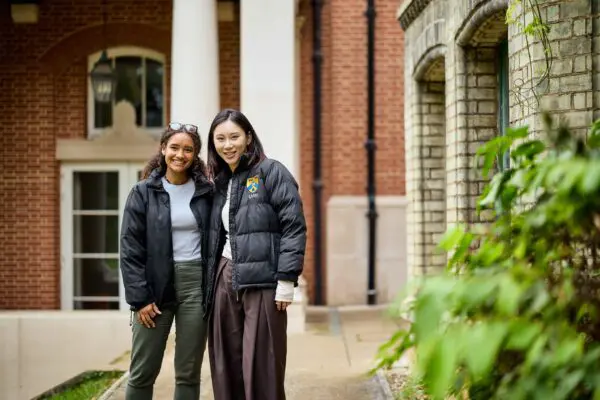
Padua, Italy
Digital and Sustainable Industrial Systems
When:
13 July - 17 July 2026
Credits:
0 EC
Read more
Computer Sciences
When:
23 July - 28 July 2024
School:
Institution:
Panteion University
City:
Country:
Language:
English
Credits:
0 EC

The “Modeling Altered Time Experiences in Human and Hybrid Collectives” summer school aims to both educate and promote critical thinking on the topics below:
1. Model the dynamics of human subjective time in terms of psychological key variables. Human time perception can be influenced by individual motivations, cognitive states, and social factors. We will review all these potential factors and dynamics that can modulate subjective time and interaction in human-human and hybrid systems. We will also challenge current thinking by transcending existing studies towards higher-level variables that modulate subjective time (e.g., attention, valence, arousal, bodily awareness).
2. Modulate time perception by auto-triggered sensory stimuli. Utilizing technologies to stimulate our sensory channels of vision, audition, and haptics, as well as their integration, and indicators of mental state and task performance (e.g., physiological signals, attentional deployment, agent reactions and interactions), we will challenge current thinking by finding ways to model automatic decision making and generation of stimulation for the subjective experience of time expanding or compressing. For this to be possible, we will provide a thorough review of the current state of the art on timing in combination with multisensory perception, interoception, haptic vest technologies, and virtual and augmented reality capabilities.
3. Coordinate time perception in human and hybrid collectives. Going beyond individual human-machine/robot interactions, we will critically think about the impact of time manipulation on group-level dynamics (purely human groups as well as hybrid groups of people collaborating with artificial systems; e.g., robots). For this to be possible, we will provide a thorough review on human and hybrid collectives in terms of decision making, coordination, and synchronizations of strategies, as well as modelling in swarm and complex systems and collective robotics.
4. Utilise models to improve well-being and productivity in hybrid and human collaboration. We will critically think ways for modulating time perception in order to positively enhance the user experience by focusing attention and contributing to sensations of immersion and flow. We will study how timing can be modulated to assist and support humans interacting with each other and with artificial systems (e.g., mobile robots) so as to improve the users’ well-being, learning rates, efficiency to control multiple robots, and abilities to communicate by modulating time perception.
Argiro Vatakis
Multidisciplinary teams at doctoral and early career levels in psychology, neuroscience, robotics, and computational sciences will team up to meet these challenges and advance our knowledge on timing. We seek, therefore, a nice blend of people from different disciplines with some or high knowledge in Python or Matlab. Female scientists and scientists from underrepresented countries are especially encouraged to apply.
Advancing our understanding of timing in daily life and manipulating time for better wellbeing and less stress.
When:
23 July - 28 July 2024
School:
Institution:
Panteion University
Language:
English
Credits:
0 EC

Padua, Italy
When:
13 July - 17 July 2026
Credits:
0 EC
Read more

Oxford, United Kingdom
When:
29 June - 17 July 2026
Credits:
7.5 EC
Read more

Oxford, United Kingdom
When:
29 June - 17 July 2026
Credits:
7.5 EC
Read more